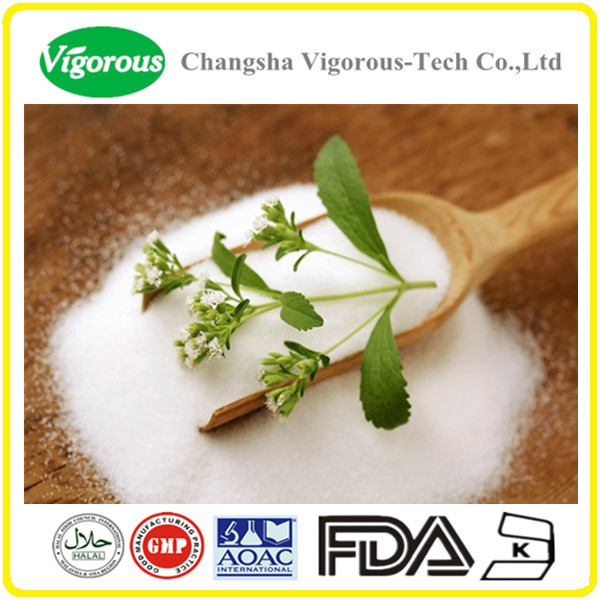- Extract Powder
-
- Fragrant Solomonseal Extract
- Elsholtzia Ciliata Extract
- Wormwood extract
- Red Radish Extract
- Arnica Extract
- Blue Lotus Extract
- Star Anise Extract
- Saxifraga Extract
- Red Bean Extract Powder
- Cistus Creticus Extract
- Luo Han Guo Extract Powder
- Saffron Extract
- Cranberry Extract
- Swertia Bimaculata Extract
- Ligustrum Extract
- White Willow Bark Extract
- Butterbur Extract
- Tongkat Ali Extract
- Grapefruit Extract
- Coix Seed Extract
- Carob Extract
- Lupinus Albus Extract
- Horse Chestnut Extract
- Kava Extract
- Dracocephalum Extract
- Olive Leaf Extract
- Lycoris Radiata Extract
- Schisandra Extract
- Scutellaria Extract Powder
- Semen Coicis Extract
- Sabah Snake Grass Extract Powder
- Phellinus Linteus Extract
- Lycium Extract
- Apple Extract
- Sophora Japonica Extract
- Lungwort Extract
- Acai Berry Extract
- Macleaya Cordata Extract
- instant green tea powder
- melissa officinalis extract
- dandelion extract
- ajuga turkestanica extract
- sesame extract
- rhodiola extract
- filipendula ulmaria extract
- chanterelle mushroom extract
- instant jasmine tea powder
- cistanche extract
- agaricus blazei extract
- agaricus bisporus extract
- agrocybe aegerita extract
- antrodia camphorata extract
- astragalus extract
- auricularia auricula extract
- bilberry extract
- black currant extract
- centella asiatica extract
- chlorella powder
- coprinus comatus extract
- cordyceps Extract
- coriolus versicolor extract
- desmodium extract
- Ecklonia Cava Extract
- epimedium extract
- eucommia extract
- evodia extract
- fenugreek extract
- fisetin extract
- flammulina velutipes extract
- fo-ti extract
- fucoxanthin extract
- ginkgo biloba extract
- ginseng extract
- grape seed extract
- graviola extract
- green coffee bean extract
- green tea l-theanine
- hawthorn extract
- hericium extract
- honeysuckle flower extract
- inonotus obliquus extract
- instant black tea powder
- kacip fatimah extract
- lovage extract
- luo han guo extract
- lutein extract
- lycium extract
- maitake mushroom extract
- mulberry extract
- muskroot extract
- olive leaf extract
- oolong tea extract
- phellinus linteus extract
- pine bark extract
- pomegrante extract
- polyporus umbellatus extract
- poria cocos extract
- pu erh tea extract
- pumpkin seed extract
- pleurotus eryngii extract
organic stevia leaf powder/green stevia powder/stevia extract
2016-07-26

The active compounds of stevia are steviol glycosides (mainly stevioside and rebaudioside), which have up to 150 times the sweetness of sugar, are heat-stable, pH-stable, and not fermentable. These steviosides have a negligible effect on blood glucose, which makes stevia attractive to people on carbohydrate-controlled diets. Stevia's taste has a slower onset and longer duration than that of sugar, and some of its extracts may have a bitter or licorice-like aftertaste at high concentrations.
The plant Stevia rebaudiana has been used for more than 1,500 years by the Guaraní peoples of South America, who called it ka'a he'ê ( "sweet herb"). The leaves have been used traditionally for hundreds of years in both Brazil and Paraguay to sweeten local teas and medicines, and as a "sweet treat". The genus was named for Spanish botanist and physician Petrus Jacobus Stevus (Pedro Jaime Esteve 1500-1556) a professor of botany at the University of valencia.
The legal status of stevia extracts as food additives and supplements varies from country to country In the United States, stevia was banned in 1991 after early studies found that it might be carcinogenic;. After additional studies, the FDA approved some specific glycoside extracts for use as food additives in 2008. The European Union approved stevia additives in 2011, and in Japan, stevia has been widely used as a sweetener for decades.
Rebaudioside A has the least bitterness of all the steviol glycosides in the Stevia rebaudiana plant. To produce rebaudioside A commercially, stevia plants are dried and subjected to a water extraction process. This crude extract contains about 50% rebaudioside A. The various glycosides are separated and purified via crystallization techniques, typically using ethanol or methanol as solvent.

